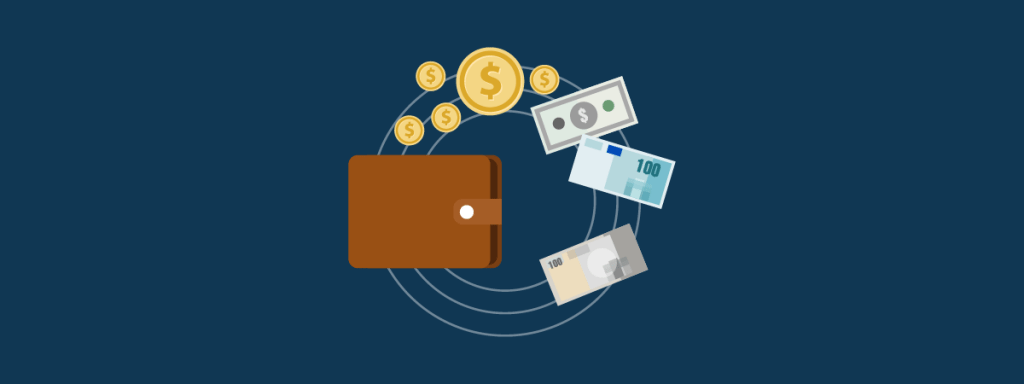
Personal Finance: The Changing Times of Saving and Spending
In the new world, suddenly income has vanished, reduced, or settled at an extremely meagre amount leading to new risks. The risks have led to new dimensions of saving and spending that represent a forgotten luxury. As we switch from fear to a phase of gradual restart and hope for recovery, the questions about personal finances after Covid-19 are stark.
The pandemic has gone a bit too tough on some families while it was easier to sail through for the fortunate. The pillars of income, spending, saving, and investing for finance have undergone a drastic change as a direct outcome.
Risk has been the driving factor affecting income. Millions of livelihoods have been wiped out by the pandemic. Millions who are left with no employment have faced the primary brunt of the lockdown. Many employers who funded the first month of pay thereafter turned reluctant to extend the benevolence.
With the economic activities coming to a jerking halt, there is no work and no pay; with families surviving upon the skimpy amount of savings, they had. Many have lent a hand on loans and pledge to endure through these mellow times.
Many significant monthly income earners, many have been sitting without payment or have settled with a significant pay cut in the hope to hold on to their jobs. Many have been left unsure about how the work from the home situation would extend overtime and whack upon their monthly wages. Those who ran businesses have no income. Stocks remain unsold, bills are unpaid, and there is no revenue with no buyers. From big to small, all businesses have come to an unbelievable pause.
In this new world, thus across segments income has evaporated largely. Keeping the job and hunkering down is the best possible we are looking at. This customarily means that demand for credit will increase sooner or later. There is a high probability of loans being unsecured, or against assets accumulated, but as the liquidity reserves dry up, loans will move up.
Banks and NBFCs have enough liquidity to be reasonably expected to provide short-time finance. However, without economic activity for long, they cannot go too far either. This is why the lack of government spending, and the lack of bold reforms that place money in the hands of the people, sting.
Spending has changed dramatically as well. Changing risks to income has automatically led to individuals cutting back on many expenses. Incurring no expense on eating out, entertainment, travel, or clothes, is the new normal. Beyond essential commodities and utility bills, there has been not a single penny spent.
For households surviving on businesses, the spending habits have been left to bleed. The ability of these businesses to employ people, pay salaries, and expand activity is curtailed, creating a negative spiral of loss.
Saving and investing in the background of such events have led to the burial of splendour. Individuals are barely managing to maintain a surplus in the banks, while ones with enough wealth are investigating newer strategies of investment to receive better output from the falling market.
The signs of market behaviour indicate a prolonged recovery for all of us. It is time until we triumph over the pandemic. Until the time arrives, it is wise to restrict our spending only on essentials to avoid further strain on individual finance.
Between the mindless excesses of unbridled consumption, growth, and expansion and the rigid frugality of minimalistic existence, lies a means that we may not be able to choose or pursue. The next 12 months is about that exploration that might define the new character and culture of the household.
To endure through the next few months individuals have been preparing for a contingent fund by minimising regular expenses. There has been this growing trend to clinch enough cash to survive until this crisis passes. Temporarily there have been reductions in contributions in retirement plans as one focuses on redirecting resources to the emergency fund.
Individuals have been inclined to the repayment of loans and have been regular with EMI payments, despite the available moratorium to avoid any extra burden in the future, unless the same has been impossible to be done due to lack of enough resources. Individuals have minded toward long term savings to build upon enough corpus to hedge the risk of market fluctuation and compounding returns.
The times have been extremely uncertain and the panic about finance amongst all has been highly conspicuous. The changing dimensions of spending and saving have been the direct outcome of the crisis all have been forced into. The frontline to survive through this has been very simple, this too shall pass!
